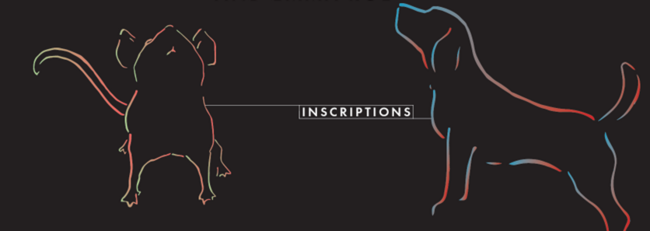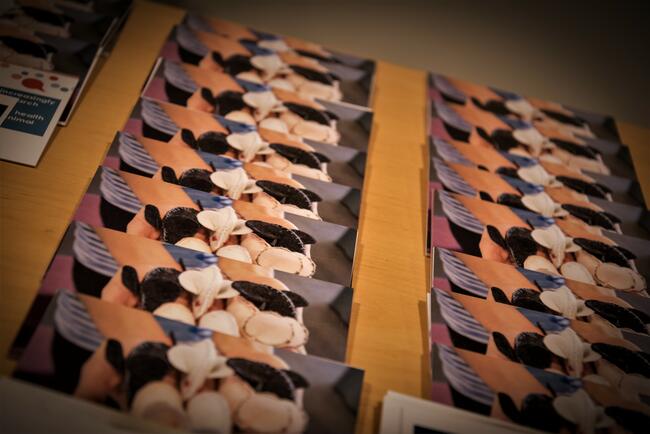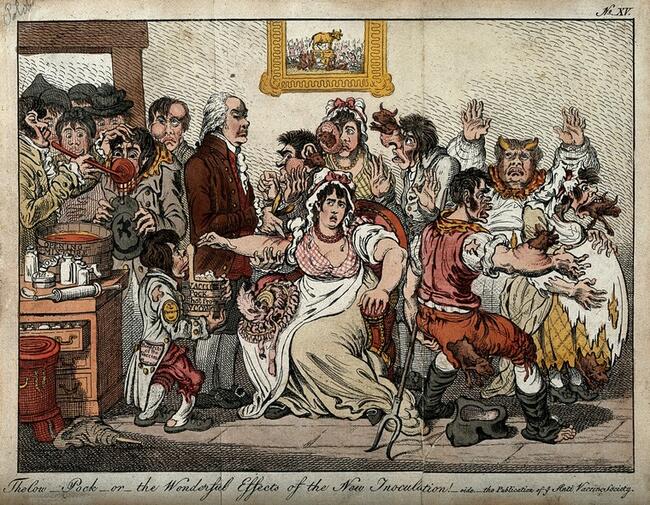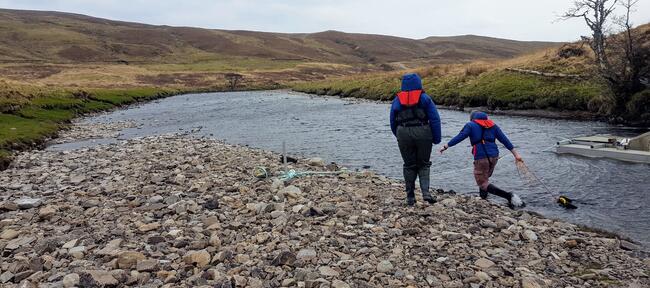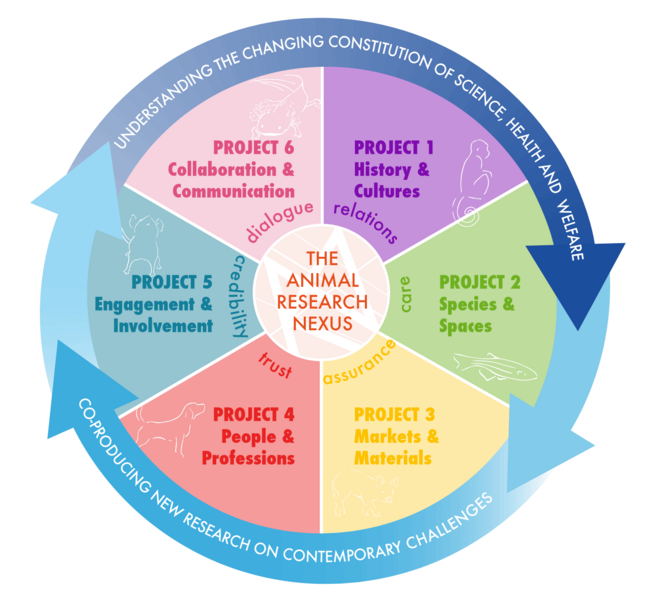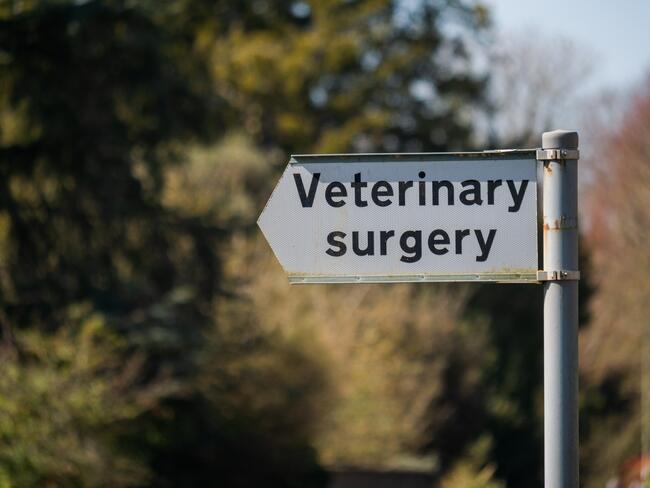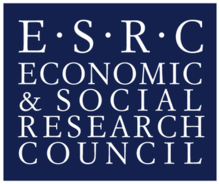People & Professions
Determining the extent to which changes in professional laboratory roles challenge the stability of the animal research nexus

Understanding the animal research nexus requires recognition of how the professional roles of laboratory staff are constituted, enacted and challenged. The People and Professions Project investigated how professionals working in the laboratory, including veterinarians, are seen by wider publics and, conversely, how those who work in the lab construct images of the public.
Two primary programmes of work were carried out. The first involved an exploration of how publics reflect and write about animal research. This was explored via a PhD studentship awarded to Renelle McGlacken. Renelle analysed the results of a Mass Observation Archive commission to explore how ‘publics’ construct animal research, and considered whether this method has potential for overcoming traditional methodological pitfalls. The team also ran public engagement activities via the 'labelling' project, which explored the question of labelling medicines as developed using animals.
The second was to use in-depth interviews to better understand the role of Named Veterinary Surgeons who work in the animal laboratory; a group that has been historically under-researched. The team also ran an international conference on the question of veterinary expertise.
The overall aim was to consider the extent to which changes in professional laboratory roles are challenging the stability of the animal research nexus, and to identify implications for the future of governance, training and public engagement. The People and Professions project was led by Professor Pru Hobson-West at the University of Nottingham.
Relevant, tagged site content:
Engagement Activities
This engagement activity invites people to draw a label which could be used to denote the role of animal research in the production of medicines.

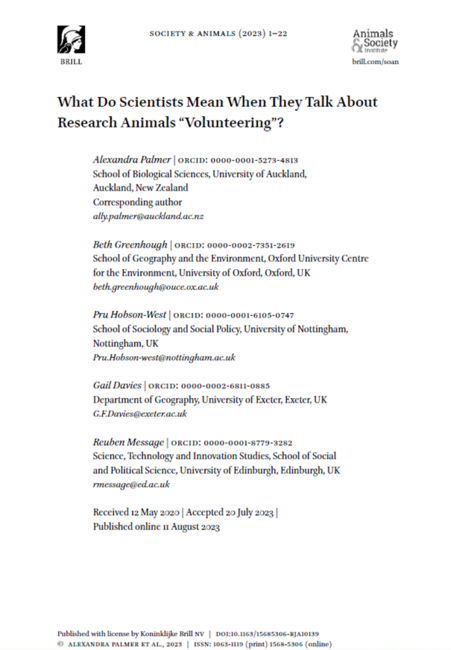
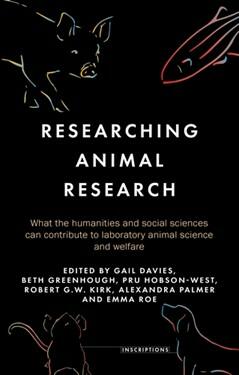
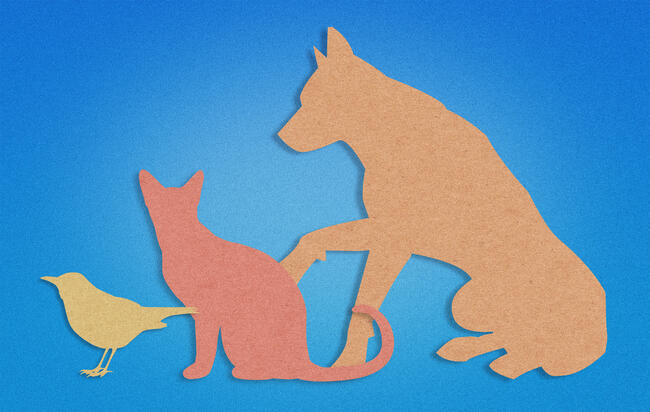
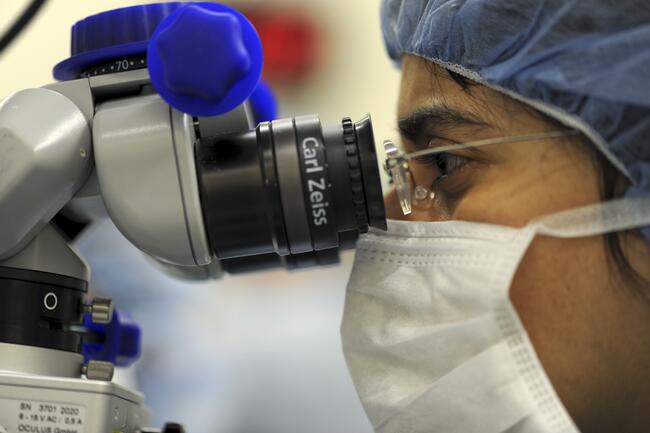
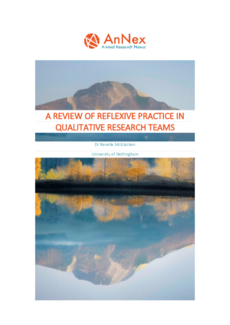
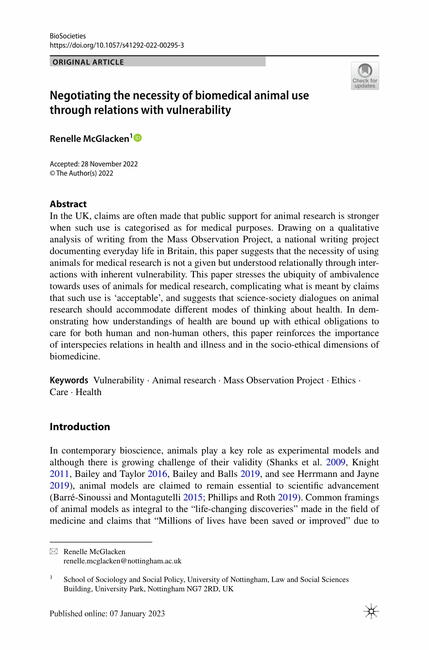
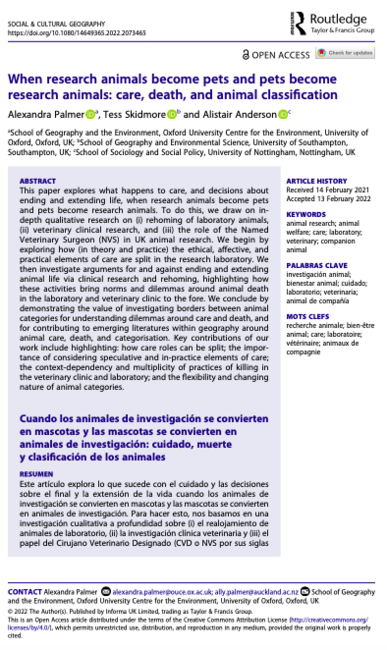
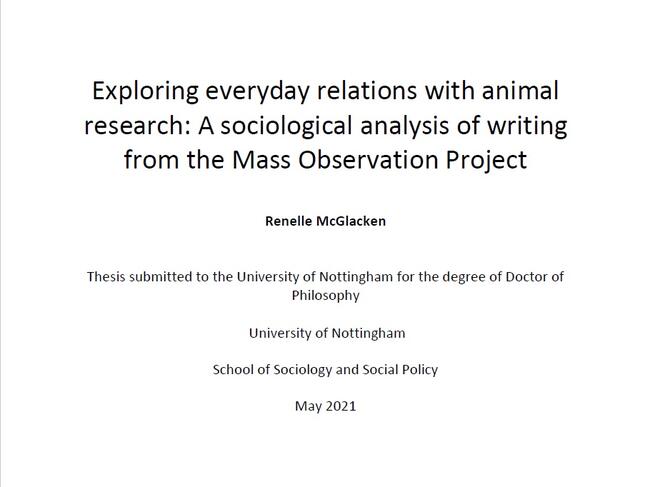
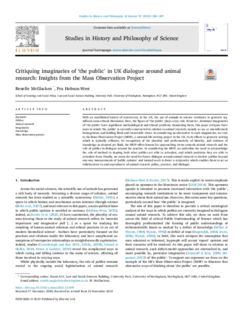
 Knowing and (Not) Caring About Animal Research_0.png%3Fitok=2jjq5NPu)
